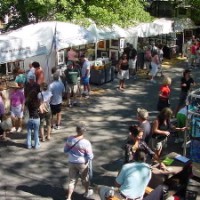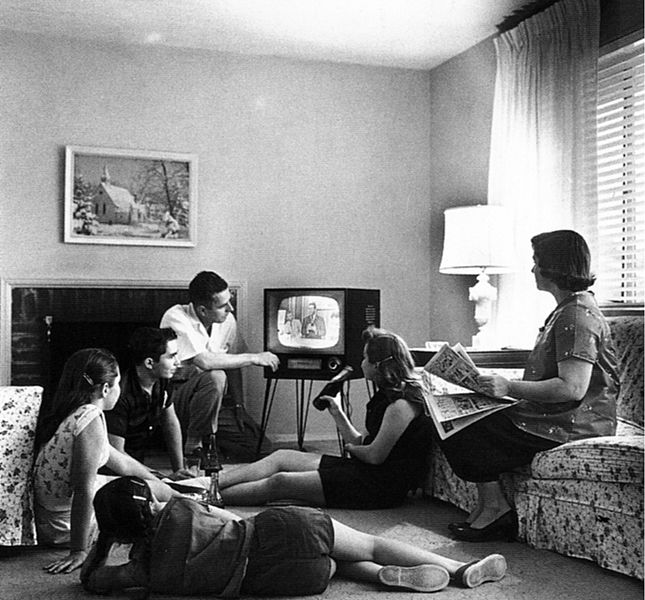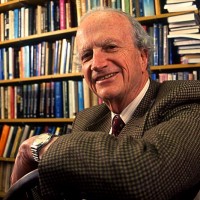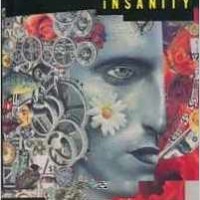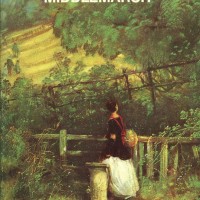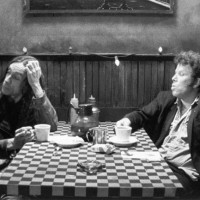A.O. Scott, in his Times article "The Paradox of Art as Work," begins: There are few modern relationships as fraught as the one between art and money. Are they mortal enemies, secret lovers or perfect soul mates? Is the bond between them a source of pride or shame, a marriage of convenience or something tawdrier? He will go on to say some interesting things about how the economy of the arts in changing, but with that paragraph - and for that matter, the title of the piece (which he didn't necessarily choose) - I think he really starts off on … [Read more...]
Archives for 2014
Does theatre make you happy?
The Stage reports: "Study finds attending plays feels as good as a pay rise". The study was carried out at the LSE, funded by the UK Department for Culture Media & Sport. The research paper itself is an excellent piece, well-placed in the current scholarly literature on determinants of (self-reported) well-being, clearly presented, and always careful to note the limitations on what we can draw from its findings. I think where we most need to be careful is in how we interpret the research. The Stage writes: People who attend plays … [Read more...]
We switched ’round and ’round ’til half-past dawn
A new report from the Nielson company: According to Nielsen’s forthcoming Advertising & Audiences Report, the average U.S. TV home now receives 189 TV channels—a record high and significant jump since 2008, when the average home received 129 channels. Despite this increase, however, consumers have consistently tuned in to an average of just 17 channels. This data is significant in that it substantiates the notion that more content does not necessarily equate to more channel consumption. And that means quality is imperative—for both … [Read more...]
Gary Becker, the economic way of thinking, and the arts (updated)
University of Chicago economist, and Nobel Laureate, Gary Becker, has died at the age of 83. A brief summary of his work is here, and a more complete picture given by his Nobel address, here. He is one of the most influential economists of the contemporary era. His innovations stemmed from the idea that the basic methods of traditional economics - the study of how individuals and firms make choices given the constraints and prices they face - could be applied to many, many aspects of human life: choices about investments in education and … [Read more...]
But I know what I like
At Guardian Books, Will Self, for a forthcoming lecture, writes: I believe the serious novel will continue to be written and read, but it will be an art form on a par with easel painting or classical music: confined to a defined social and demographic group, requiring a degree of subsidy, a subject for historical scholarship rather than public discourse. He fails to convince me, but mine might be a minority view. However, I will pick up on one point. He writes: This is not to say that everyone walked the streets [in the twentieth century] … [Read more...]
The economic impact of everything, continued
I would say I'm not sure anyone will ever top this, but who can predict? Press Progress reports on a document produced by Kinder Morgan, on the beneficial economic impact of ... oil spills. The report reads: Words fail. H/T Charles Pierce @ESQPolitics … [Read more...]
Free pricing and access
Scotland has a policy of free university tuition. Today The Guardian reports: The research by Lucy Hunter Blackburn, a former civil servant with the Scottish government, estimates that free university tuition and the cuts in grants to lower-earning students means middle-class families and students will be £20m a year better. She estimates that the overall costs to lower-income families, including thousands of students at further education colleges, have gone up by at least £32m a year after the grant cuts forced them to take out larger … [Read more...]
Secrets of success
At Salon, Laura Miller writes about literary scholar Franco Moretti, and his efforts to analyze texts in order to discover what makes a success: Miller: One of the aspects of your work that’s the most counterintuitive at first glance is that you’re not that interested in studying literary masterpieces. You study literary works in large masses, regardless of whether they’re good or not. You’re not looking at “Middlemarch”; you’re looking at 7,000 mostly mediocre Victorian novels. Why is that interesting to you? Moretti: First of all, those … [Read more...]
Public support for the arts and the letter of the law
I was recently interviewed by Nancy Fowler of St. Louis Public radio on the recent controversies surrounding the ethics policies of the Zoo-Museum District. I won't repeat the whole story here, which is best covered in Ms Fowler's piece. This is a more general observation: Public and nonprofit arts organizations rely on public support. For public agencies, that comes in terms of voter support for earmarked tax funding programs, or through the budget allocations of local, state and federal government. Nonprofits rely on public support … [Read more...]
That and an app will get you a cup of coffee
Slate reports on the success of Cups, an app that allows people unlimited (sort of) cups of coffee from independent cafes in New York: For $45 a month, you can use the app to order as much tea and basic hot coffee as you want at any of Cups’ 28-and-counting member locations; for $85 you can add lattes, iced coffee, and other espresso-based beverages into the mix. And as part of the soft-launch, everything is free if you download the app. Everything. Until early next week. ... The genius of Cups is the notion that the best aspects of big chains … [Read more...]

